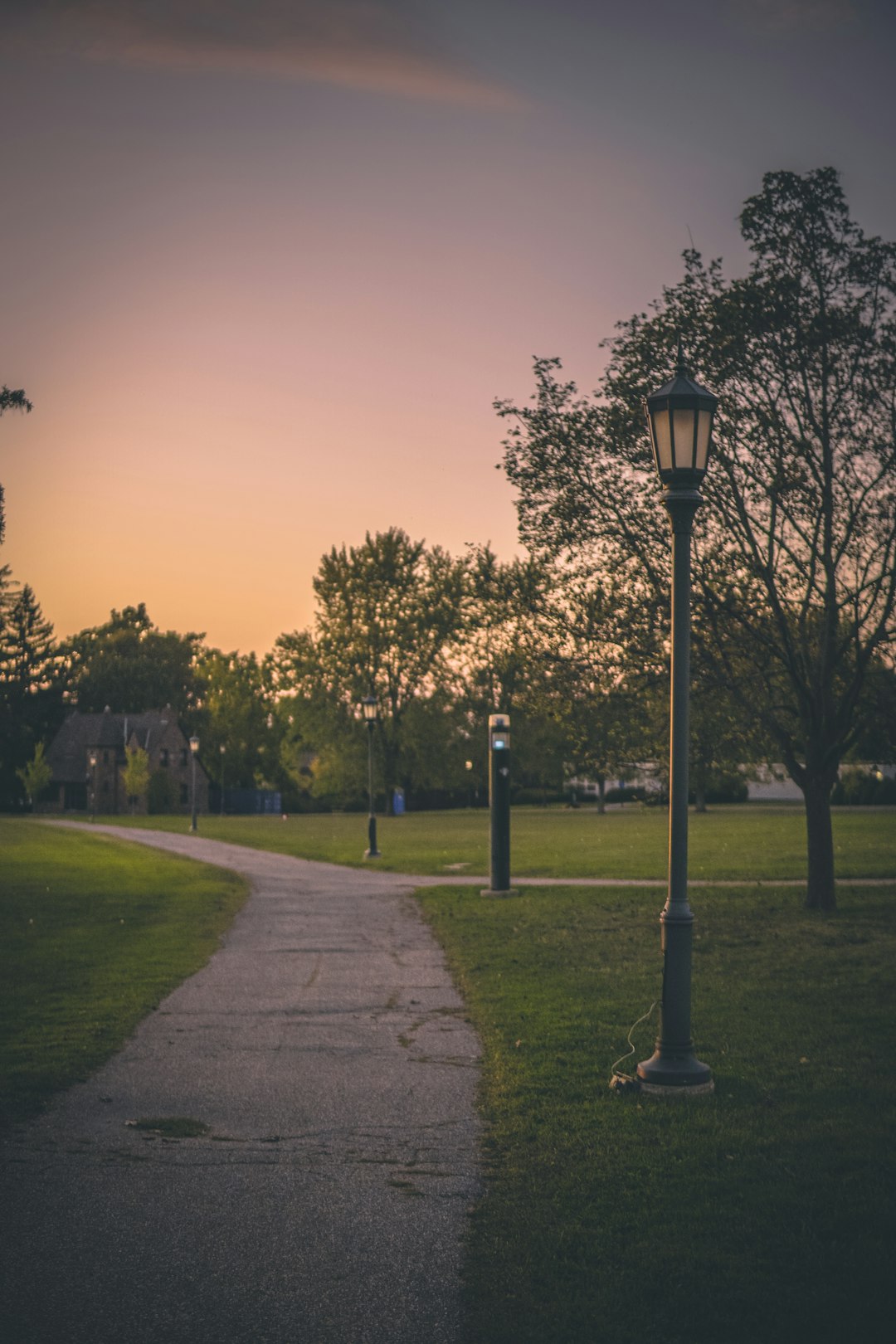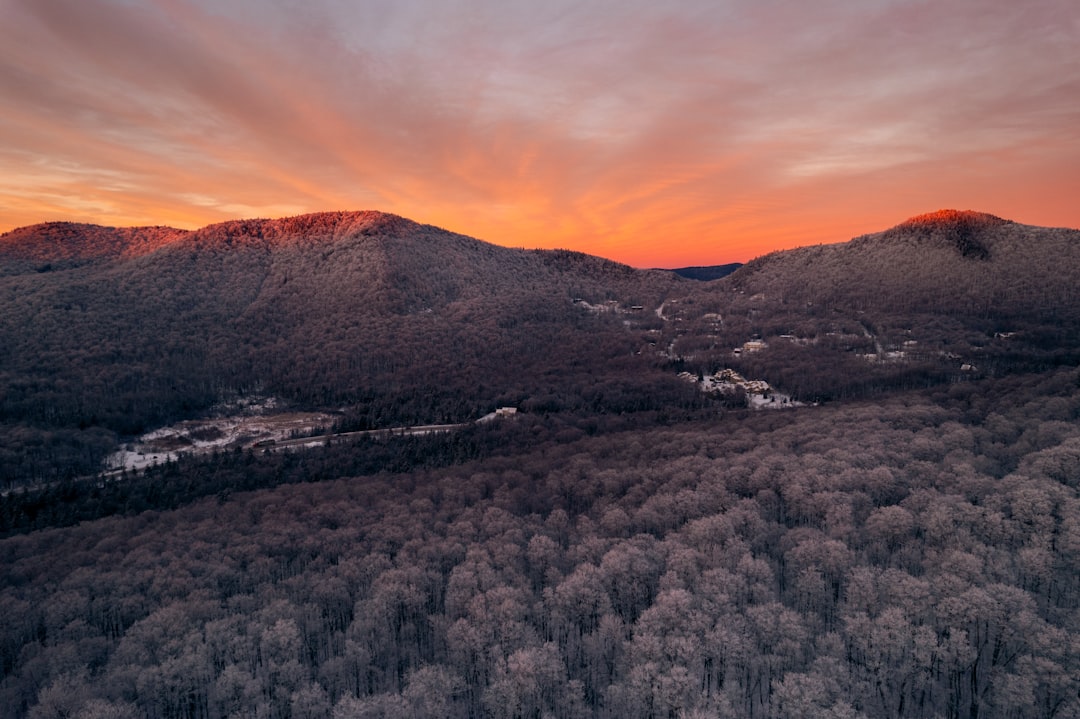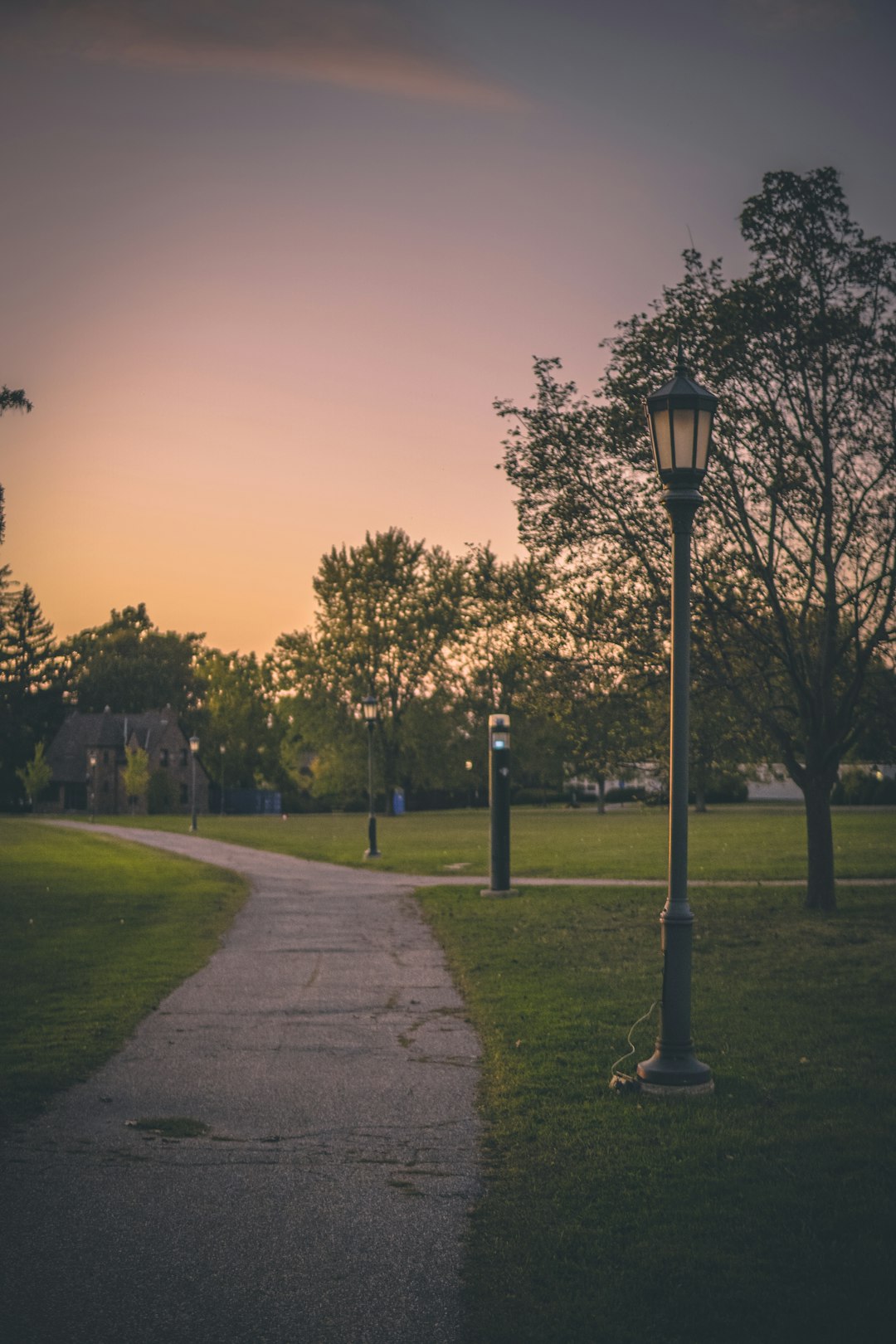In Vermont, seniors face a flood of telemarketing calls from law firms and attorneys targeting their unique needs, often exploiting health or financial vulnerabilities. While state laws offer some protection, sophisticated data profiling and targeted phrases like "Do not call lawyer Vermont" bypass traditional lists. Seniors are taking proactive measures like registering on national Do Not Call lists and seeking awareness campaigns about their rights, including consulting lawyers specializing in Do Not Call-related regulations in Vermont to manage communication preferences while remaining accessible to essential services.
In Vermont, as in many places, seniors are frequent targets of telemarketing calls, often posing a significant intrusion into their daily lives. This article delves into the prevalent and sometimes relentless tactics employed by telemarketers targeting Vermont’s elderly population. We explore the psychological impact these unwanted calls can have, disrupting their well-being and quality of life. Furthermore, we guide seniors through legal protections available, including registration on the National Do Not Call Registry and local Vermont lists, empowering them to reclaim control over their privacy with the help of do not call lawyer Vermont professionals.
The Prevalence of Telemarketing for Seniors in Vermont

In Vermont, telemarketing has become a ubiquitous aspect of daily life, particularly targeting seniors. With an aging population, many residents aged 65 and over are frequent recipients of phone calls from various sources, including law firms and attorneys promoting their services. This trend raises concerns among Vermont’s senior citizens, who often find themselves deluged with unsolicited calls, especially those related to legal services. The state’s seniors, many of whom may have limited access to the internet or digital resources, rely heavily on traditional communication methods, making telemarketing an even more pervasive issue.
Vermont’s seniors face a unique challenge when it comes to managing these calls, particularly from law firms and lawyers promoting “Do not call” services. While state laws offer some protection against unwanted calls, the sheer volume can be overwhelming. This situation has prompted many seniors to seek alternatives or take proactive measures to avoid such marketing tactics, including registering on national “Do Not Call” lists. Additionally, awareness campaigns targeting Vermont’s senior community about their rights and options regarding telemarketing are essential in empowering them to navigate this modern-day challenge effectively.
– Exploring the methods and frequency of telemarketing calls targeted at seniors

Vermont’s senior population is often a target for telemarketing calls, with strategies tailored to their unique circumstances and potential vulnerabilities. These campaigns often take the form of phone sales, legal services promotions, or charitable requests, leveraging the assumption that seniors may be more susceptible to such interactions due to health or financial considerations. The frequency of these calls can vary widely, from sporadic to nearly constant, depending on the organization’s tactics and the individual’s personal data shared online or through public records.
Many of these telemarketing efforts attempt to bypass traditional do-not-call lists by focusing on specific demographics or using sophisticated data profiling. This includes identifying individuals who have expressed interest in senior-related services or those who may be facing financial challenges. Common phrases like “Do not call lawyer Vermont” or “do not call attorneys Vermont” are often heard during these calls, reflecting the industry’s attempt to adapt to legal privacy regulations while continuing to target this demographic.
– Data on call volume, timing, and sources (e.g., law firms, charities)

In Vermont, understanding telemarketing trends is crucial when considering the well-being of its senior population. Data reveals a consistent volume of calls received by seniors, often during evening hours, potentially disrupting their rest. These calls originate from various sources, including law firms and charities, with a noticeable trend towards do not call requests. Many Vermonters have registered on national do not call lists to avoid unwanted legal and charitable solicitations, reflecting a growing awareness among seniors about protecting their privacy and minimizing intrusion.
The timing of these calls is significant, as many seniors may be more receptive to communications during specific periods, such as after retirement or when facing health challenges. However, unsolicited calls from law firms or attorney offices, often promoting legal services or do not call registrations, can inadvertently create anxiety or confusion. This highlights the need for a balanced approach where seniors are empowered to manage their communication preferences while ensuring they remain accessible to important services when needed.






